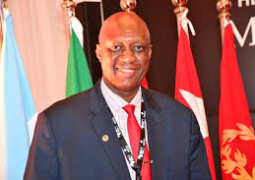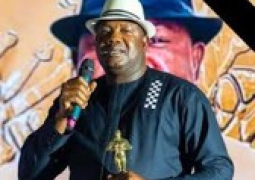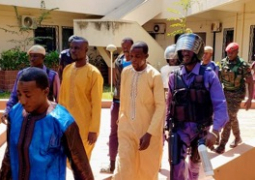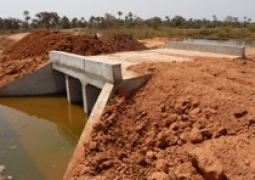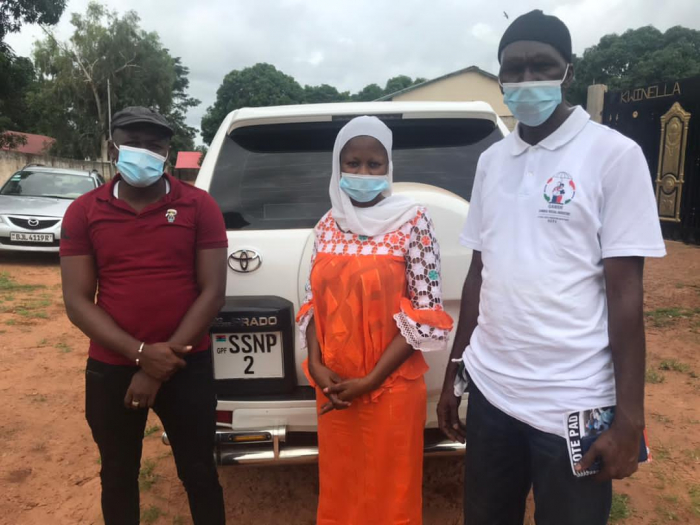
Speaking at the enrolment exercise held at Foni Bintang, Malang N. Fofana, the programme manager at NaNa and the project facilitator, explained that the project is government-initiated and World Bank supported with $30 million, in which the government is providing $1 million geared towards improving the living conditions of the extremely poor in the country.
He added that the primary objective is to improve the coordination of social assistance in the country and the inclusion of the extremely poor in the NAFA programme.
“The project has three main components and one is to ensure there is improvement in the coordination because we know there are institutions that are helping the poor and the vulnerable but these are not very much coordinated. The project tries to ensure that we establish a system that would help to ensure there is coordination in our approach to supporting the poor and the vulnerable. That component is about $6 million, and it is implemented by the National Social Protection Secretariat under the office of the vice president.”
He further stated that the component has two sub-components and one is the issue of ensuring that there is a coordination of efforts in supporting the extremely poor; and to have a social register that would provide the database where all the households and their details will be put together. He added that the social register database has been collected in 30 districts supported by the project.
Mr. Fofana continued that the second component of the project is the NAFA programme, which is cash transfer and accompanied by social behavioural change communication to uplift the poor from their status by giving them some cash transfer for a period of 18 months.
“Each household will be provided with D3, 000 for every two months. We are targeting 15, 606 households in the project but we’re doing it by phases and the first phase, we are targeting 3 extremely poor districts which are Foni Bintang, Nianija, and Wulli West. In the three districts, a total of 2, 787 households were identified.”
He said the purpose of the exercise is to enroll them to check further details of the house, the photo of the principal recipient, and the alternate, saying they will provide a beneficiary card for each household.
“We want women to be receiving the cash because studies have shown that when women received cash on behalf of the family, it’s mostly used for the family. The third component is the management and coordination and the evaluation of the impact it has to the beneficiaries.”
Abdou Aziz Ceesay, the programme manager and head of Social and Behavioral Change Communication, also highlighted that programme component one is the coordination of social assistance activities in the country, saying over the past years, the government had been struggling to have all social assistance in this country coordinated.
“Component two is the cash transfer and the social and behavioural change communication to help them understand how they can lift themselves from their poverty status. We will help them to diversify the diet of the households to improve their family, health and nutritional status.”
Ceesay reiterated that part of the modules they developed is maternal and child nutrition, adolescence, gender-based violence, entrepreneurship and financial literacy, and more. He said that is what they will teach the community structures and expect them to go down to the households and teach them how to take care of their families.
“We are giving them D1, 500 on a monthly basis for a period of 18 months but the cash transfer will be done on two months basis. We expect them to save little from the money gained and identified the microfinance activity they want and our team will help in training.”


